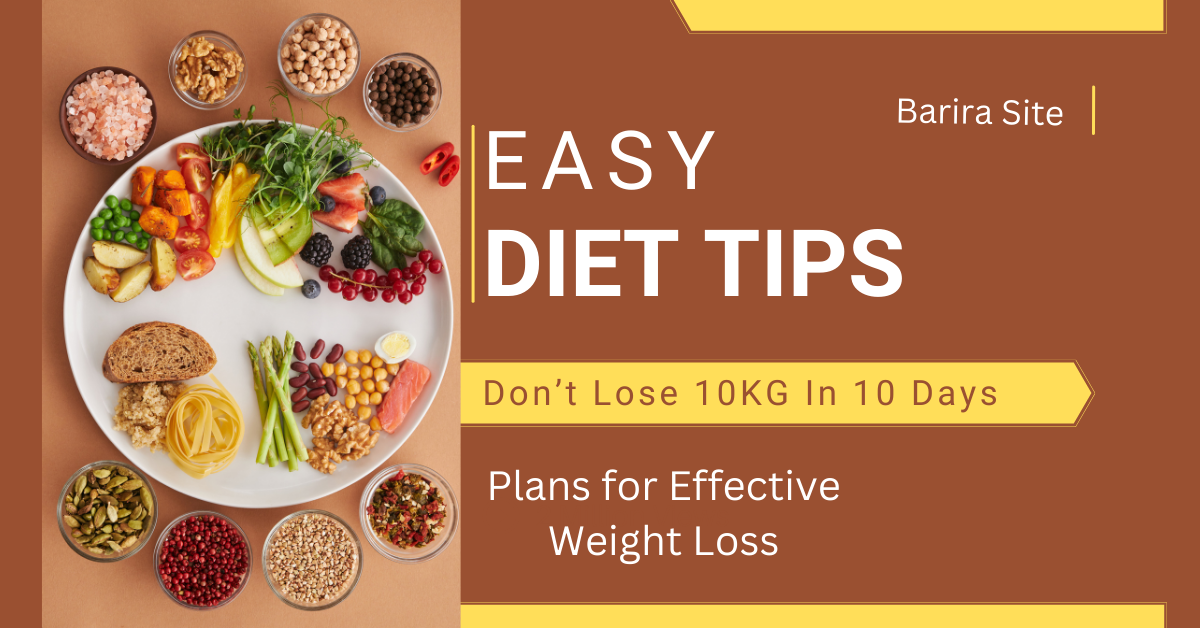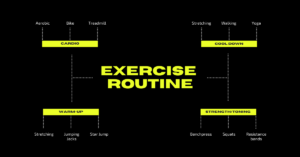Introduction
Embarking on a weight loss journey can often feel like navigating a labyrinth filled with conflicting advice and fleeting fads. However, the cornerstone of any successful weight loss strategy lies in adopting a diet plan that is not only effective but also sustainable and tailored to individual needs. This article delves into various diet plans that have stood the test of time, offering a detailed exploration of how they can be adapted to help you achieve your weight loss goals.
Understanding Your Dietary Needs
Before diving into specific diet plans, it’s crucial to understand that effective weight loss is deeply personal and varies from one individual to another. Factors such as age, activity level, existing health conditions, and personal food preferences play a significant role in determining your diet plan.
The Role of Metabolism
Your metabolic rate determines how quickly your body converts food into energy. A higher metabolism means more calories burned at rest, which can be a significant advantage in weight loss. Tailoring your diet to boost your metabolism—by including protein-rich foods and spacing meals throughout the day—can enhance your weight loss efforts.
Importance of Nutritional Balance
A balanced diet that includes a variety of nutrients is essential for maintaining health while losing weight. It prevents nutritional deficiencies and supports bodily functions, including metabolism and muscle repair, which are crucial during weight loss.
Popular Diet Plans Explained
Let’s explore some diet plans that have been effective for many in their weight loss journeys. Each plan has its unique approach and may suit different individuals based on their dietary preferences and health goals.
Mediterranean Diet
The Mediterranean diet emphasizes fruits, vegetables, whole grains, and healthy fats, predominantly from olive oil. It includes moderate amounts of fish, poultry, and dairy, and minimal red meat. This diet is not only beneficial for weight loss but also heart health.

Ketogenic Diet
This high-fat, low-carbohydrate diet pushes your body into a state of ketosis, where it burns fat for fuel instead of carbohydrates. It’s highly effective for rapid weight loss and is also used to manage certain medical conditions like epilepsy. However, it requires careful planning to ensure nutritional balance.
Intermittent Fasting
Intermittent fasting cycles between periods of eating and fasting, ranging from a few hours to a day. It’s less about what you eat and more about when you eat. This method can reduce calorie intake and lead to weight loss, provided healthy eating is maintained during non-fasting periods.
Plant-Based Diets
Increasing the intake of plant-based foods and reducing animal products can lead to weight loss and improved metabolism. This diet benefits not only weight management but also the environment and animal welfare.
Customizing Your Diet Plan
Adopting a diet plan is not a one-size-fits-all solution. Customization based on personal health, lifestyle, and food preferences is crucial for sustainability.
Consulting with Professionals
Seeking advice from dietitians or nutritionists can provide insights tailored to your specific needs, helping you adjust your diet plan effectively.
Listening to Your Body
Paying attention to how your body responds to different foods and adjusting your diet accordingly is crucial. This self-awareness can lead to a more successful and enjoyable weight loss experience.
Conclusion
Choosing the right diet plan for weight loss is a significant step towards a healthier life. By understanding your body’s needs and exploring various diet options, you can find a plan that not only helps you lose weight but also fits your lifestyle and preferences. Remember, the best diet plan is one that you can stick to in the long run, leading to sustained weight loss and improved health. Embrace the journey with patience and persistence, and the results will follow.



